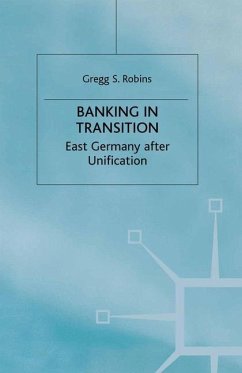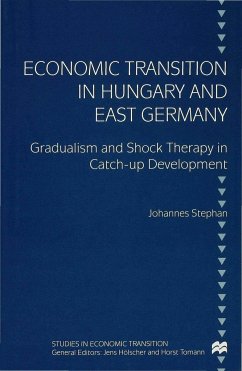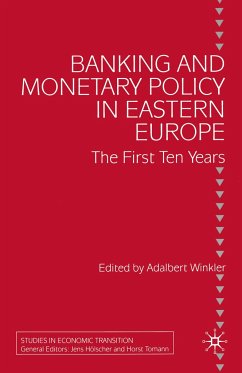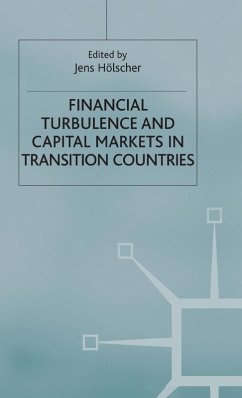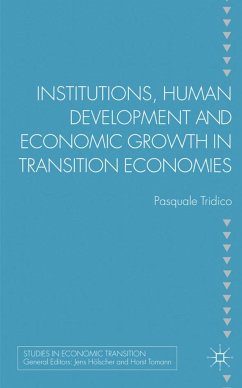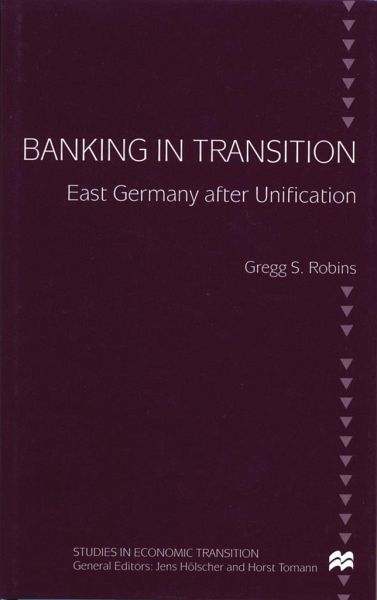
Banking in Transition
East Germany After Unification
Versandkostenfrei!
Versandfertig in 6-10 Tagen
76,99 €
inkl. MwSt.
Weitere Ausgaben:

PAYBACK Punkte
38 °P sammeln!
The book asks whether transplanting banks can solve the problems involved in creating a well-functioning market economy from outside, looking especially at the virtually complete takeover of East German banks by their Western counterparts after unification. Drawing on a wide range of English and German sources, and fieldwork interviews across Germany, it argues that there are no quick fix solutions to transition to a market. Implications are discussed for East Germany and for other previously centrally planned economies, and the global implications of foreign ownership in banking are considere...
The book asks whether transplanting banks can solve the problems involved in creating a well-functioning market economy from outside, looking especially at the virtually complete takeover of East German banks by their Western counterparts after unification. Drawing on a wide range of English and German sources, and fieldwork interviews across Germany, it argues that there are no quick fix solutions to transition to a market. Implications are discussed for East Germany and for other previously centrally planned economies, and the global implications of foreign ownership in banking are considered.





